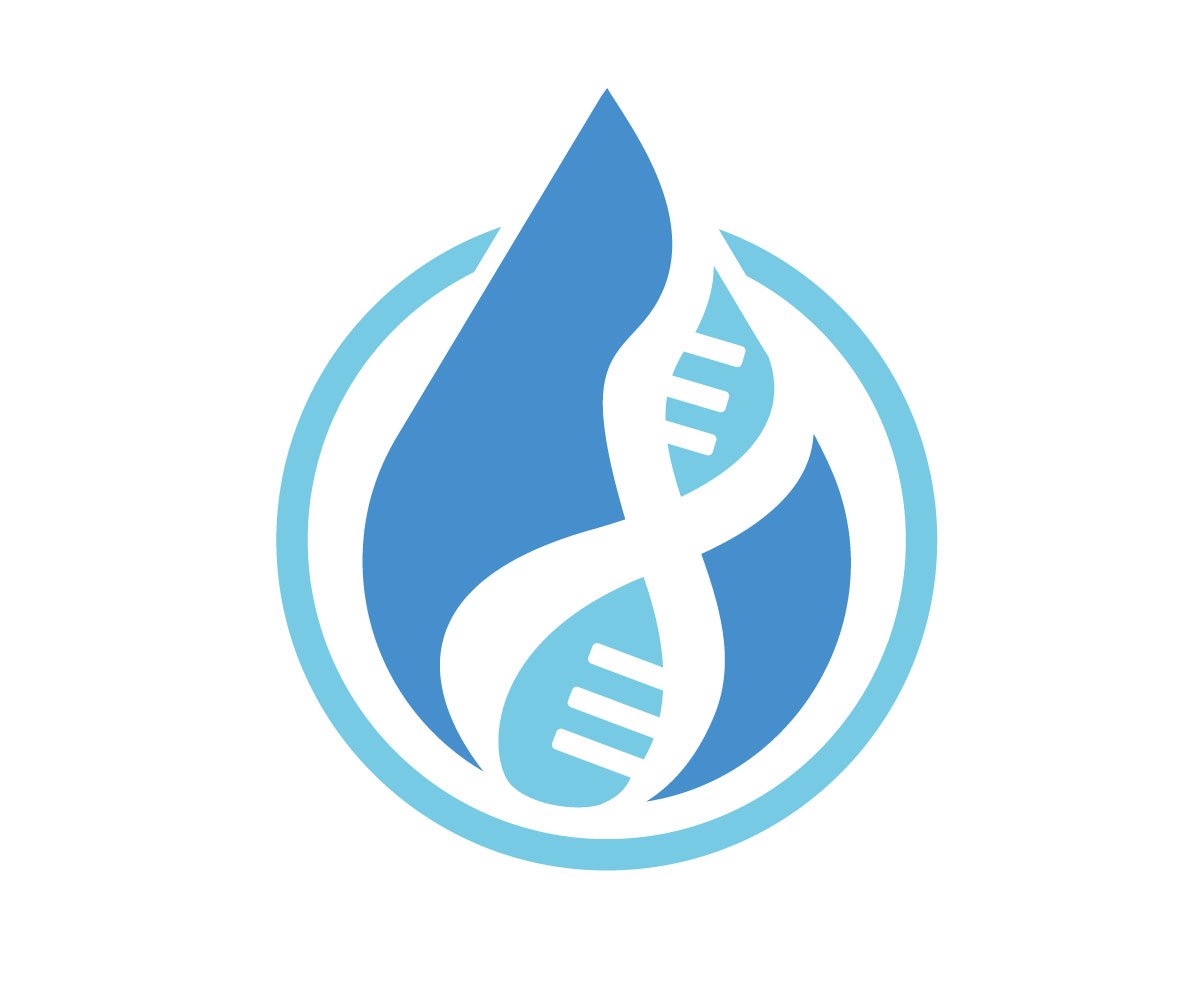Should People Have at-Home DNA Tests for Medical Purposes?
I’m often asked for my thoughts on whether at-home DNA tests should be used for medical purposes, since they are the only option some people can afford.
Sign up to read this post
Join Now

